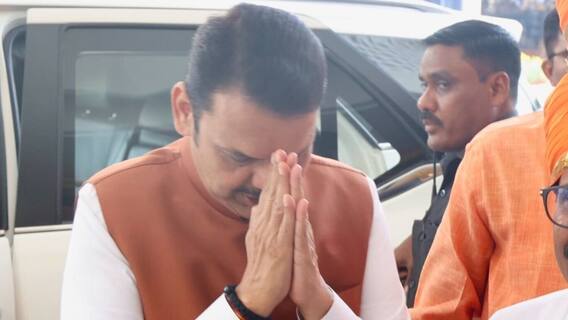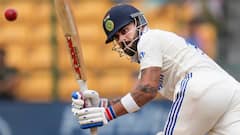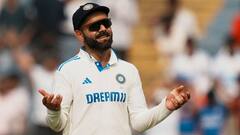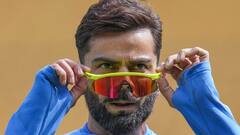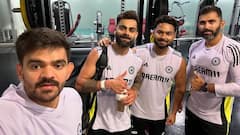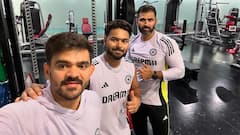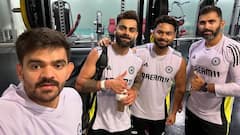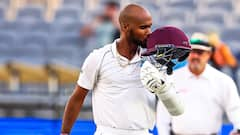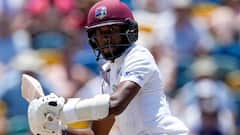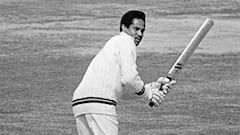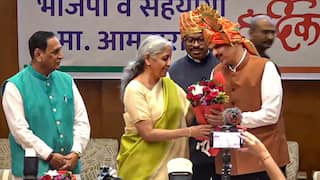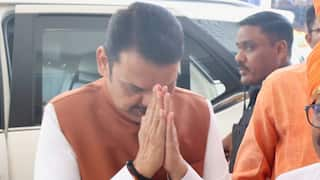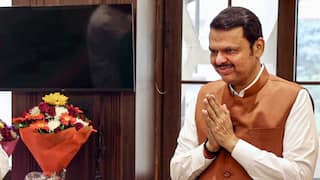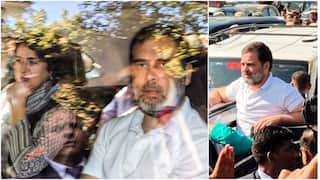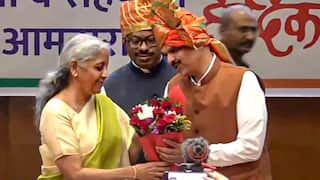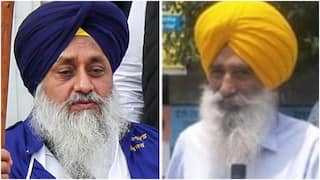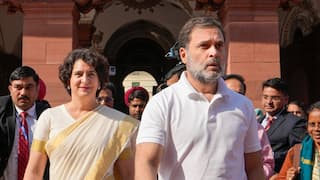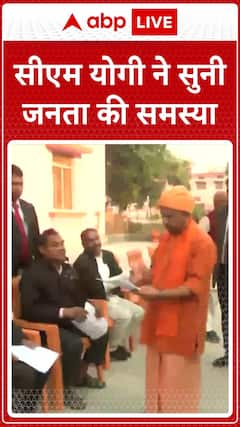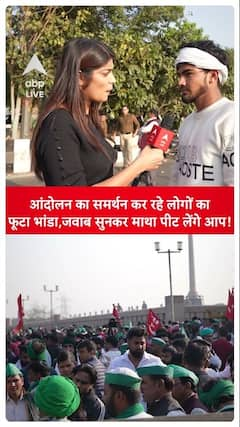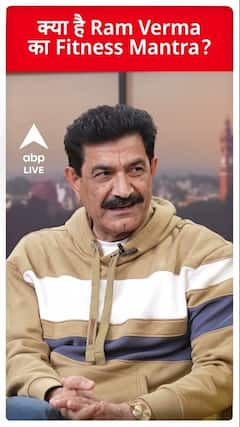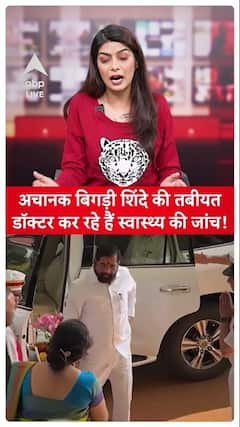Former India Midfielder And East Bengal Legend Surajit Sengupta Passes Away
After testing positive for Covid-19, Surajit Sengupta was admitted to the hospital on January 23 and was put on ventilator since Monday.

Kolkata: Former India midfielder and East Bengal legend Surajit Sengupta, who mesmerized Kolkata Maidan with his dribbling skills in the 1970s, died at a city hospital on Thursday following his prolonged battle with COVID-19. He was 71.
After being tested positive for COVID-19, Sengupta was admitted to the hospital on January 23 and was put on ventilator since Monday. He breathed his last in the afternoon.
Lost veteran star footballer Surajit Sengupta today. Heartthrob of football fans and an outstanding national sportsman as well as a perfect gentleman, he will ever be in our hearts.
— Mamata Banerjee (@MamataOfficial) February 17, 2022
Deepest condolences.
"Lost veteran star footballer Surajit Sengupta today. Heart throb of football fans and an outstanding national sportsman as well as a perfect gentleman, he will ever be in our hearts. Deepest condolences," West Bengal chief minister Mamata Banerjee said in a tweet.
"His condition was stable but since Friday he started developing breathing complications and his oxygen level started dropping. He was put on life support since Monday," said hospital sources.
Sengupta stole the hearts of football fans at Kolkata Maidan in the 1970s with his magical dribbling skills and was a perfectionist when it came to scoring goals from an acute angle.
The artistic right winger made his International debut on July 24, 1974 against Thailand in the Merdeka Cup in Kuala Lumpur and went on to represent India in 14 matches.
He represented India in the Asian Games in 1974 and 1978, the Merdeka Cup in 1974, the President's Cup in 1977 and in international friendlies against UAE and Bahrain (1979).
He scored his lone international goal against Kuwait in the 1978 Asian Games.
It's sad to hear that Surajit-da, one of the most skilful wingers in the history of Indian football is no more. His invaluable contribution to Indian football will always remain with us, and never be forgotten. Indian Football has only got poorer," All India Football Federation President Praful Patel said in his condolence message.
Born on August 30, 1951, Surajit, nicknamed Bishu, hailed from Chakbazar in Hooghly district. He was spotted by Ashwini Barat, fondly known as Bholada, when young Sengupta was studying in Hooghly Branch School.
His father, Suhas, was an employee at Dunlop India and himself a footballer and cricketer. Sengupta was groomed by Bholada during his initial years.
Sengupta made a name for himself while studying at the Hooghly Mohsin college and made debut for Robert Hudson, a second division club.
From there, he started his footballing career with Kidderpore Club which was then the hotbed for promising talents. The likes of Prasun Banerjee, Shyamal Ghosh, Gautam Sarkar and Ranjit Mukherjee also came from the same club.
From there on, Sengupta went on to represent the Big Three clubs of the Kolkata Maidan starting with Mohun Bagan under the guidance of the legendary Sailen Manna.
He played for Mohun Bagan for two seasons from 1972 and in 1974, he made the red-and-gold his home for six consecutive years and became their captain in 1978.
He scored 92 goals for East Bengal and helped the iconic club win the Calcutta League in 1974, 1975, 1977, DCM Trophy in 1974, IFA shield in 1974, 1975, 1976 (joint-winners), Darjeeling Gold Cup in 1976 (joint winners), Federation Cup in 1978 (joint-winners), Rovers Cup in 1975, Durand Cup and Bordoloi Trophy in 1978.
Sengupta was conferred Lifetime Achievement Award by East Bengal in 2018.
For the Mariners, he scored 54 goals and helped them win Rovers Cup in 1972 (joint-winners) and 1981, Federation Cup in 1981 and 1982, Sait Nagjee Trophy in 1981, Durand Cup in 1982 (joint-winners), Darjeeling Gold Cup in 1982 (joint-winners) and Calcutta League in 1983.
He signed up for Mohammedan Sporting in 1980 and after one season, he returned to Mohun Bagan at the fag end of his career where he played for another three years.
Sengupta was also part of the triumphant Bengal Santosh Trophy squads in 1975, 1976, 1977 and 1978, and scored 26 goals.
Unlike many of his teammates, Sengupta did not take up coaching as a career after retirement.
Instead, he wrote regular columns for a vernacular daily. He was also part of the editorial department of the newspaper.
Trending News
Top Headlines







